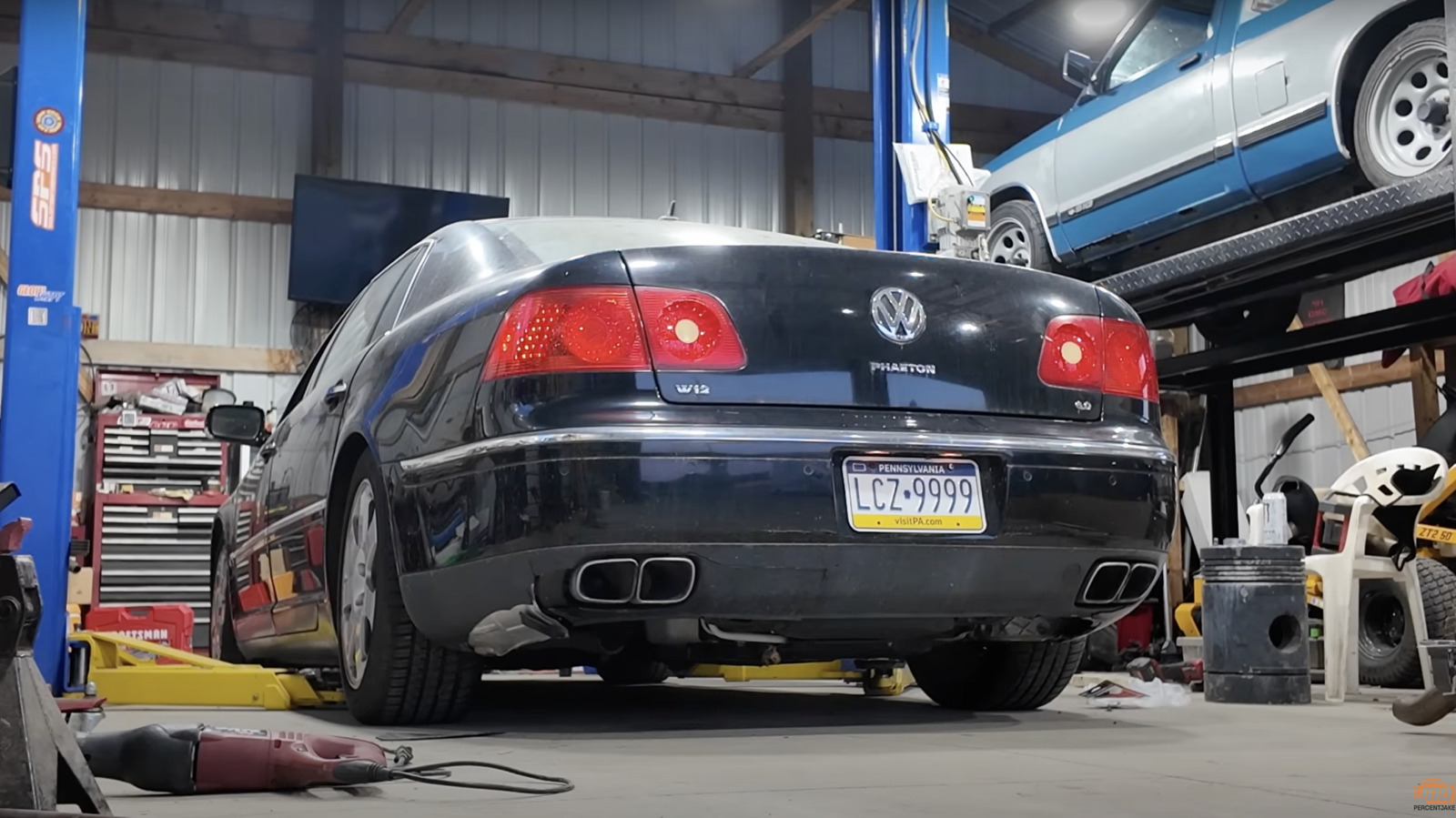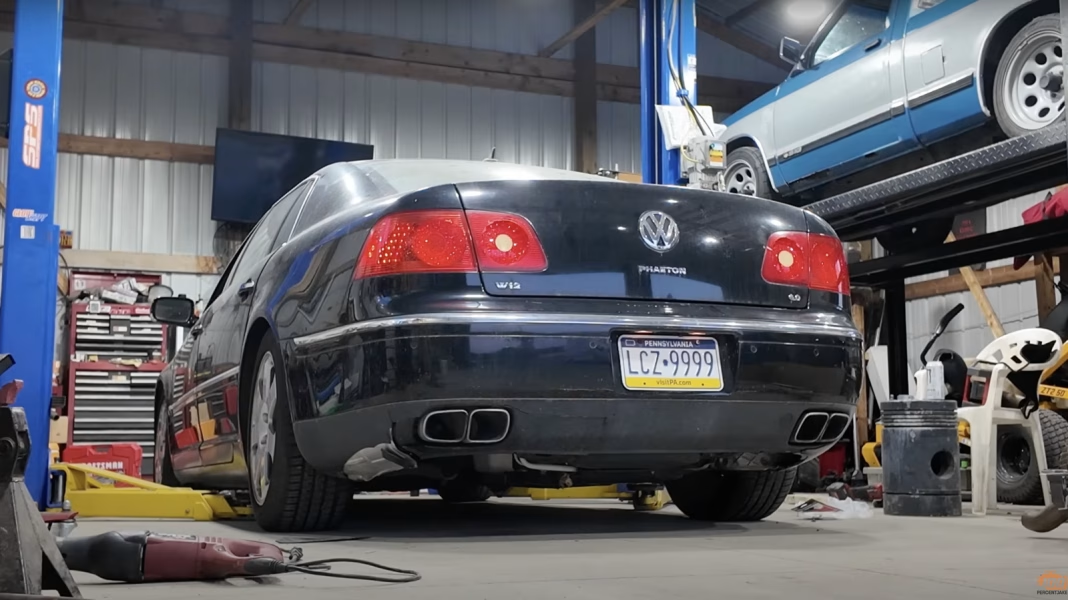Why Are Volkswagen Phaeton W12s Suddenly So Affordable?
If you’ve ever dreamed of owning a luxury sedan with a twelve-cylinder heart, the Volkswagen Phaeton W12 might have caught your eye. Once a six-figure flagship, these cars have quietly slipped into the realm of attainable used vehicles. But why the sudden drop in price? It’s not just about age or mileage. The Phaeton was always a bit of an oddball—overengineered, underappreciated, and overshadowed by its more glamorous cousins from Audi and Bentley. Maintenance costs can be steep, and parts aren’t exactly on every corner. That’s scared off many would-be buyers, pushing prices down and making these cars a hidden gem for enthusiasts willing to take the plunge.
What Happens When You Unleash the W12 Engine’s True Voice?
Let’s be honest: the stock Phaeton W12 is a masterclass in restraint. It’s quiet, dignified, and almost too polite for its own good. But underneath that buttoned-up exterior lurks a 6.0-liter W12 engine—a mechanical marvel that shares DNA with Bentley’s finest. Freeing it from its factory mufflers is like letting a world-class opera singer finally belt out a solo. The sound transforms from a whisper to a full-throated roar, rich with character and depth. It’s not just noise; it’s a symphony of combustion, a reminder that even the most reserved luxury cars can have a wild side. Owners who’ve taken the leap report a driving experience that’s instantly more visceral and engaging. The car feels lighter, more alive, and—dare we say—more fun.
Is Modifying a Phaeton W12 Worth the Risk?
Here’s the elephant in the room: these cars aren’t cheap to maintain, and modifying them can introduce new headaches. Removing the mufflers might trigger warning lights or confuse the car’s complex electronics. And if you’re not careful, you could end up with a drone that makes highway cruising unbearable. But for those who do it right—using quality parts and a reputable shop—the rewards are hard to ignore. The W12’s song is addictive, and the sense of connection you get from driving a car that finally sounds as special as it feels is tough to match. Plus, with values at rock bottom, you’re unlikely to lose much more in depreciation. Think of it as a calculated risk, not a reckless gamble.
What Should You Watch Out For Before Making the Leap?
Before you start shopping for a used Phaeton W12, do your homework. Service records are gold—these engines are robust, but neglect can turn small issues into wallet-busting repairs. Look for signs of electrical gremlins, as the Phaeton’s complex systems can be finicky with age. And if you’re planning to modify the exhaust, check local noise regulations to avoid unwanted attention from the authorities. It’s also smart to connect with other owners online; forums and enthusiast groups are full of hard-earned wisdom and can point you toward trustworthy mechanics or exhaust specialists.
How Does the Phaeton W12 Compare to Other Luxury Bargains?
The Phaeton W12 sits in a unique spot. It’s rarer than a BMW 7 Series or Mercedes S-Class, and its engineering pedigree is second to none. Yet, it lacks the badge cachet that keeps those rivals’ prices high. For drivers who value substance over status, that’s a win. And while a used Bentley Flying Spur with the same W12 might still be out of reach, the Phaeton offers much of the same experience for a fraction of the cost. According to a 2023 report from Hagerty, interest in quirky, underappreciated luxury cars is on the rise, with values for well-kept examples starting to stabilize. That means now might be the perfect time to snag one before the secret gets out.
What’s the Real Joy in Owning a Muffler-Free Phaeton W12?
It’s not just about the numbers or the badge. It’s about the thrill of turning the key and hearing an engine that finally gets to breathe. It’s about taking a car that was built to be invisible and giving it a voice. The big takeaway? Enjoying a Phaeton W12 isn’t about perfection—it’s about smarter adjustments. Start with one change this week, and you’ll likely spot the difference by month’s end. Sometimes, the best cars are the ones that let you rewrite the rules.


